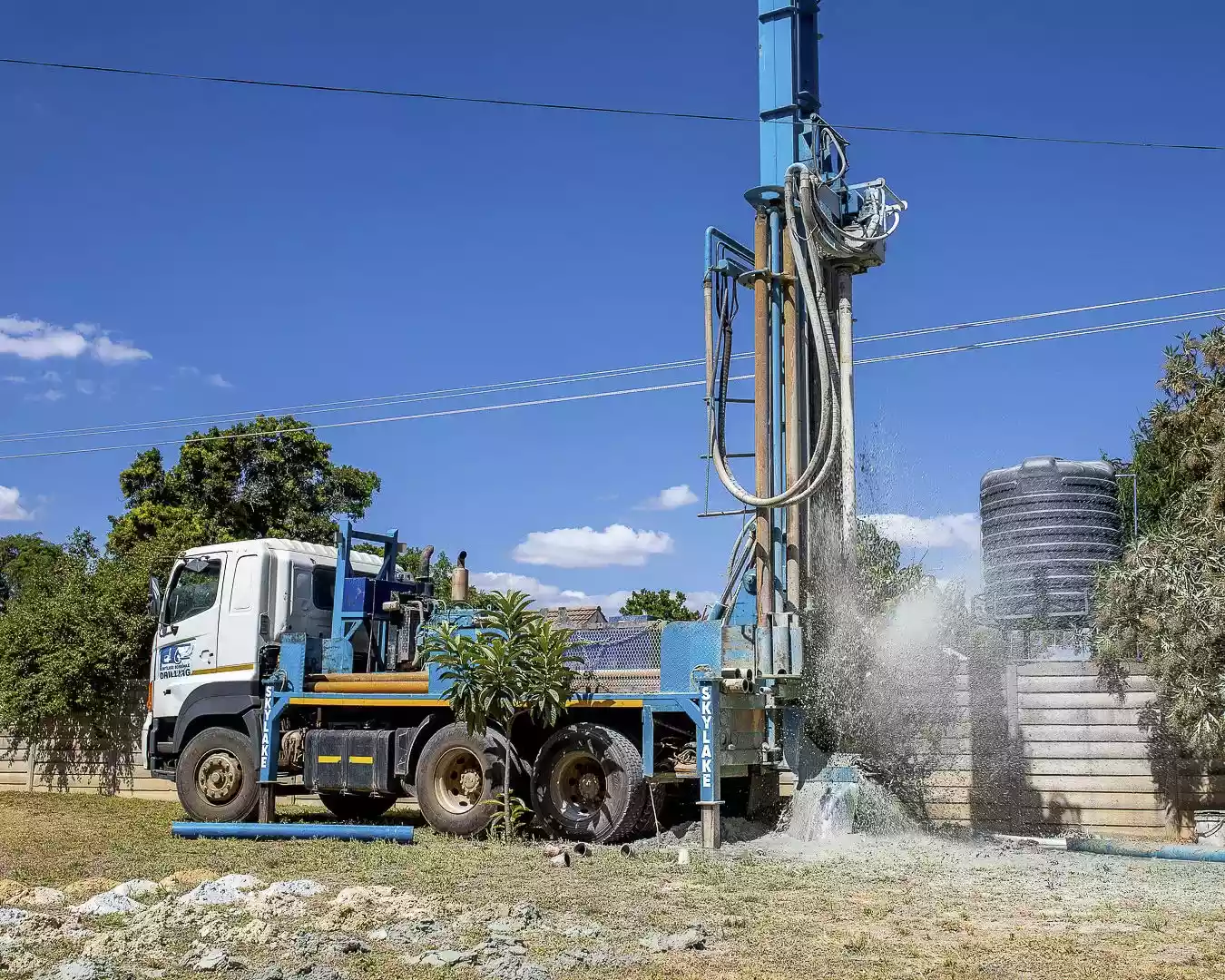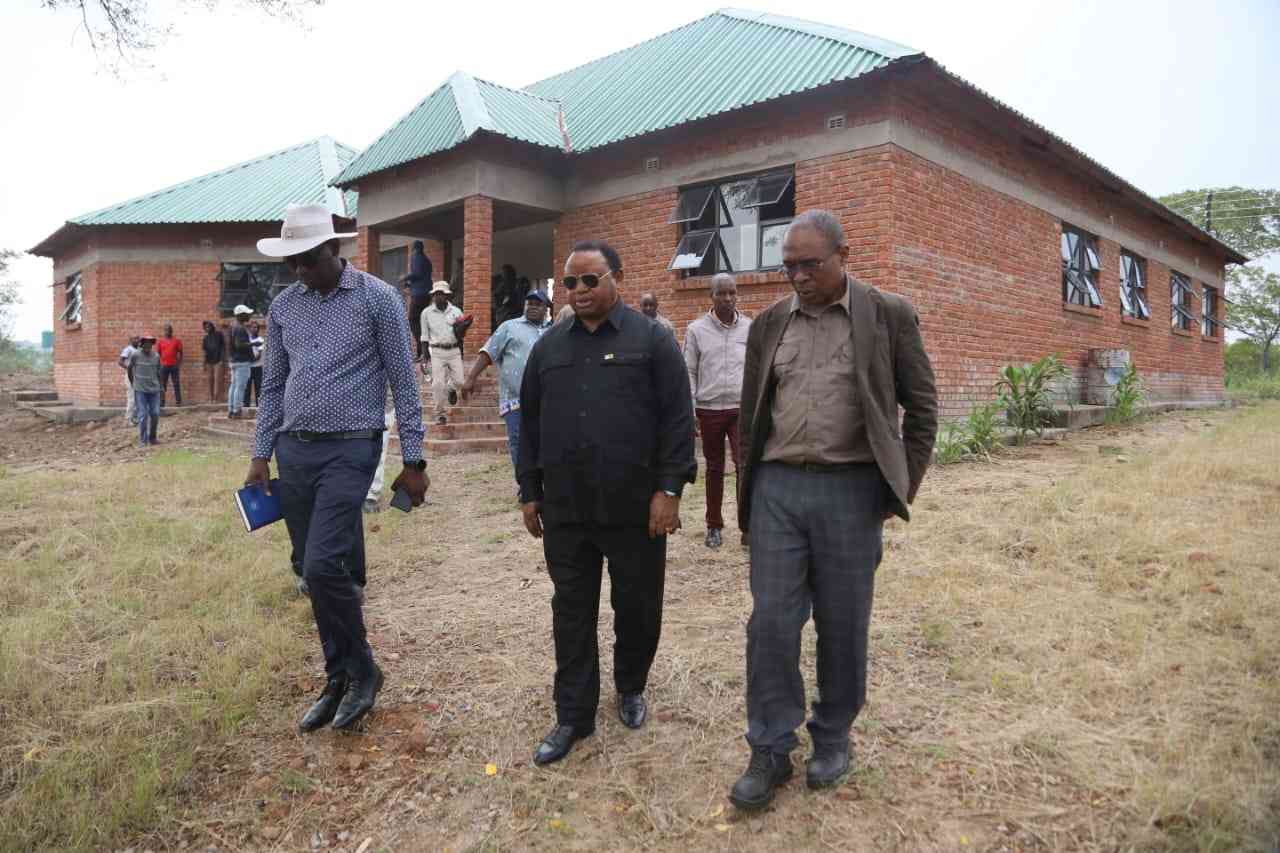
THE Insiza Rural District Council (RDC) has banned the drilling of any borehole within its jurisdiction without prior written permission in a move to regulate groundwater resources and protect public health.
The new law was enacted under Statutory Instrument 168 of 2025, the Insiza Rural District Council (Water, Sewerage and Drainage) By-laws, 2025.
"No person shall, without the prior written permission of the council, and except under such conditions as the council may specify, sink or dig a borehole on any stand," reads the by law
"Where a person wishes to obtain the permission of the council in terms of subsection (1), he or she shall— make a written application together with a prescribed fee, to the council at least fourteen days prior to undertaking any work, and submit with the application an accurately drawn plan, to a scale of at least one to five hundred, indicating there on the site of the borehole and the position of any aqua-privy, pit-latrine, septic tank or French drain in the vicinity; and provide details of the borehole in respect of its diameter, the purpose for which the water is required and any further specifications, particulars or other information as the council may reasonably require."
The regulations came at a time when many local authorities across Zimbabwe are grappling with severe water challenges, making private boreholes a critical but potentially unregulated source of water for many households.
According to the by-laws, prospective borehole owners must follow a stringent application process.
They are required to submit a written application and pay a prescribed fee at least 14 days before any work begins and provide a scaled plan showing the proposed borehole's site and the location of any nearby sanitation facilities like pit latrines or septic tanks.
They are also supposed to disclose the borehole's diameter, its intended purpose, and any other details the council may require.
- Insiza teachers resort to raw dam water
- Insiza RDC audits non-residential properties
- Vendors demand justice against Insiza councillor
- Council bans noise making, repeated animal crowing, barking
Keep Reading
The by-laws also include specific conditions to prevent water source contamination.
A borehole for domestic use must be situated at least thirty meters away from any pit latrine, septic tank, or drain.
This distance is reduced to 10 meters if the water will be used solely for gardening.
“Any person who intends to site a borehole or deep well shall apply to council for permission,” reads the by-laws.
“No person may dig or sink a borehole which will be situated less than thirty meters from any aqua-privy, pit-latrine, cesspit, septic tank or French drain provided that, if the water from a borehole is to be used solely for gardening purpose, such borehole may be sunk at a distance of not less than ten meters from an aqua-privy, pit-latrine, cesspit, septic tank or French drain.”
The council has also outlined technical requirements for new boreholes.
Every borehole must be lined with an impervious material to a depth of at least nine meters to prevent surface contamination from seeping in.
Pump houses or other structures housing borehole equipment cannot extend more than 750 millimetres above ground level unless approved by the council.
A critical public health clause gives a council health officer the power to require water quality tests from any borehole used for domestic purposes in areas without council water.
To safeguard the public water supply, the by-laws strictly prohibit any cross-connection between private borehole systems and the council's domestic water mains.
The council may also require all existing borehole owners to register them with the local authority.









